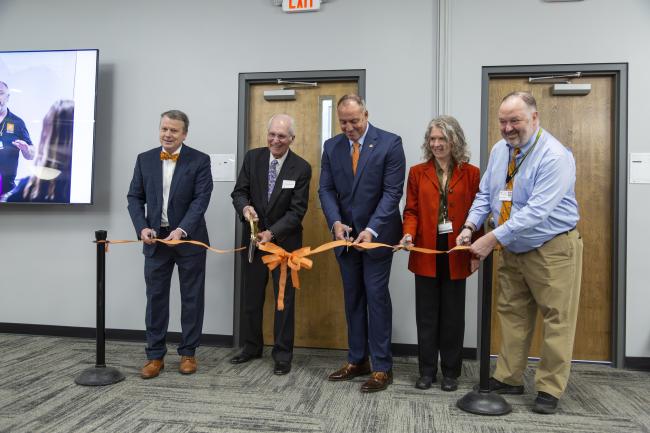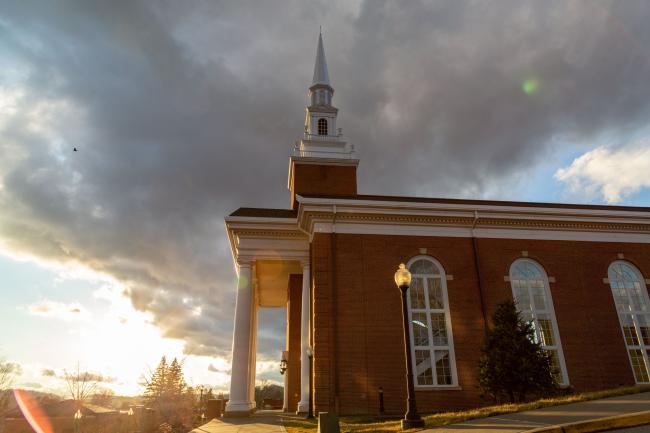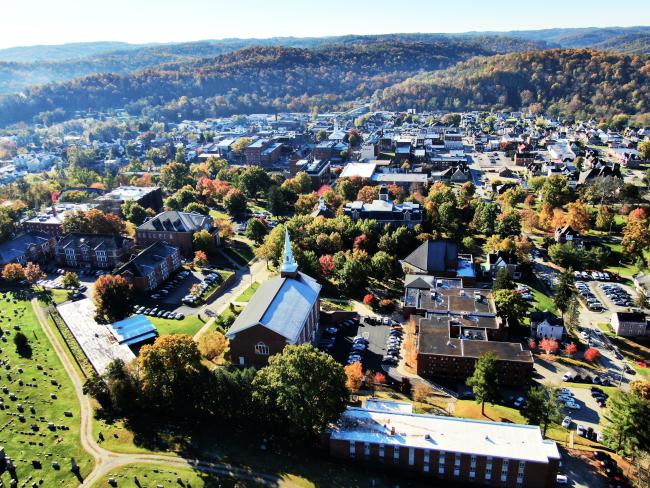Representatives from Waynesburg University’s Center for Entrepreneurial Leadership will be conducting surveys focused on transportation with residents throughout Greene County during the spring and summer as a part of Carnegie Mellon University’s Rural County Mobility Platform (RAMP) project.
Waynesburg University was named a subrecipient of a grant from the Department of Energy to Carnegie Mellon University’s Mobility Data Analytics Center for the RAMP project in 2019. Originally slated to begin in 2020, the project was postponed due to the coronavirus pandemic.
The three-year project will study transportation issues in Greene County. The goal is to improve mobility in rural Southwestern Pennsylvania, with the potential to advance the fundamental knowledge of how energy-efficient, affordable mobility services can work in rural America, enabling them to be systematically planned, operated, and monitored, inherently merged with system-level modeling.
“We’re happy to see these two universities work together to better understand transportation challenges in Greene County,” said Greene County Commissioner Mike Belding. “We support this project and hope that our community, too, will support and provide information through the surveys to help ensure its success.”
The team will engage Greene County residents in a process of “human-centered design” to ensure that the pilots are developed with the input of the targeted clientele. The study will also include on-going data collection from riders, volunteers and shuttle services with the aim of improving the system design throughout the project.
“Based on past collaboration, we identified and studied common rural challenges, such as food insecurity and transportation, which led us apply for a grant by the U.S. Department of Energy to study rural mobility,” said Karen Lightman, executive director of Metro21: Smart Cities Institute at Carnegie Mellon University (CMU). “Our proposal was chosen for funding, and we are partnering with Waynesburg University to conduct a three-year study and pilot deployment in Greene County in the hopes of identifying rural transportation solutions to improve quality of life for residents.”
Past collaborations between Waynesburg and CMU include a micro-course, “Seeding Societal Futures: Solutions for Food Insecurity for Rural and Small Communities,” which highlighted that transportation was a significant barrier to food security for many Greene County residents.
“We are proud to partner with CMU on this project, working together with both them and the County of Greene to have a positive impact on our region,” said Douglas G. Lee, Waynesburg University president.
Those interested in learning more should contact Stacey Brodak, vice president for Institutional Advancement and University Relations at Waynesburg University, at sbrodak@waynesburg.edu.


